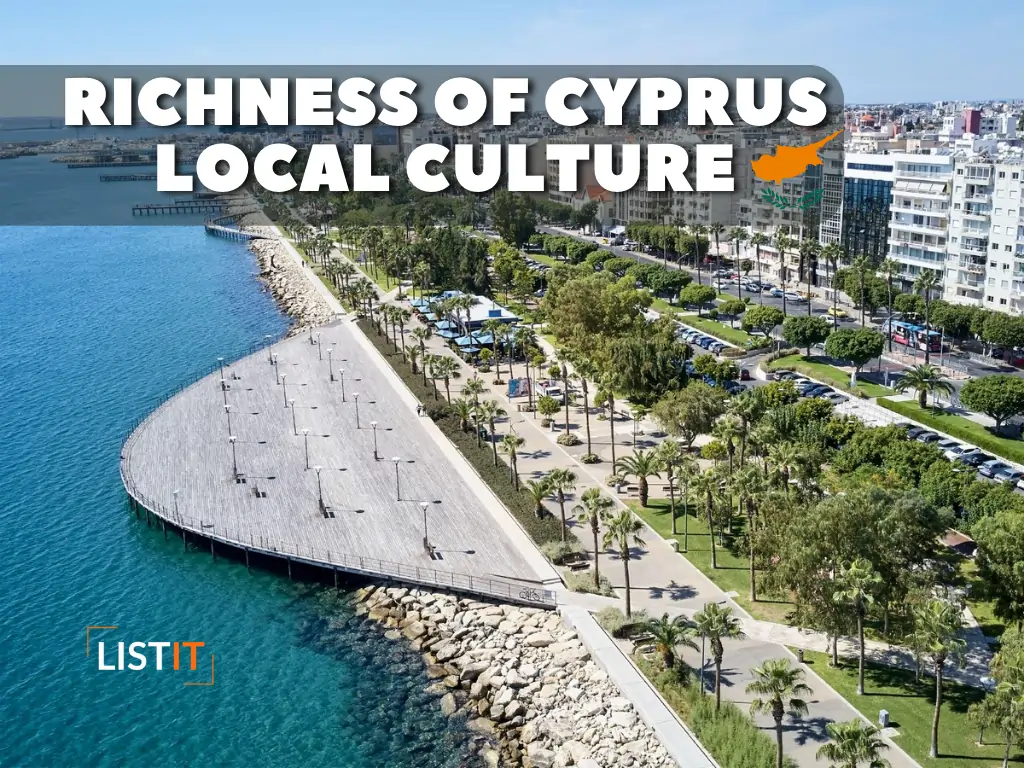
Understanding the Richness of Cyprus Local Culture with Respect
Encased in the vibrant intermingling of Eastern and Western influences, Cyprus’ local culture is a unique tapestry woven from threads spun by an intricate history. The island, perched at the strategic nexus where Europe meets Asia and Africa, has been enriched with a confluence of divergent cultural heritages.
These are palpable in its traditions, customs and cuisine that form an intriguing blend worth exploring.
Useful Greek and Turkish Phrases
Useful Greek Phrases
- Hello – Γεια σας (Yia sas)
- Goodbye – Αντίο (Adio)
- Yes – Ναι (Ne)
- No – Όχι (Ochi)
- Please – Παρακαλώ (Parakalo)
- Thank you – Ευχαριστώ (Efcharisto)
- You’re welcome – Παρακαλώ (Parakalo)
- Excuse me – Συγνώμη (Signomi)
- How much is this? – Πόσο κάνει; (Poso kanee?)
- Do you speak English? – Μιλάτε αγγλικά; (Milate anglika?)
Useful Turkish Phrases
- Hello – Merhaba
- Goodbye – Hoşçakalın
- Yes – Evet
- No – Hayır
- Please – Lütfen
- Thank you – Teşekkürler
- You’re welcome – Rica ederim
- Excuse me – Affedersiniz
- How much is this? – Bu ne kadar?
- Do you speak English? – İngilizce biliyor musunuz?
Getting to Know the People of Cyprus
The inhabitants of Cyprus are renowned for their congeniality and heartiness, an attribute that is deeply anchored in the island’s abundant history. The Cypriot ethos has been molded by influences from a myriad civilizations including Greeks, Romans, Byzantines, Venetians and Ottomans among others.
This wide-ranging ancestry is mirrored in the local mores and traditions which are highly esteemed by the natives. Thus, it becomes imperatively significant for visitors to value these norms so as not to affront or slight the residents.
Demonstrating respect towards local customs can be achieved through understanding and complying with basic decorum during interactions with locals. For example, when invited into a Cypriot abode it’s traditional to bring a small gift for your hosts like flowers or sweets but never an even number because they’re connected with funerals.
Cultural Peculiarities and Ceremonials
What cultural peculiarities and ceremonials should I be cognizant of during my sojourn to Cyprus?
The natives of Cyprus are renowned for their congeniality and reverence towards the older generation. It is a common practice to extend greetings with a firm handshake whilst maintaining visual contact throughout discussions. Moreover, it’s crucial to clothe oneself modestly, more so when venturing into sacrosanct sites.
Exhibiting Deference towards the Populace
How might I exhibit deference towards the populace of Cyprus?
Displaying respect can be as simple as mastering some elemental phrases in Greek – the authorized language in Cyprus. Also, show appreciation for their customs, abstain from instigating contentious debates regarding their political landscape, and always solicit approval prior to capturing images of individuals or personal properties.
Acquainting Oneself before Traveling
What should I acquaint myself with before scheming my expedition to Cyprus?
While being a secure nation blessed with an inviting Mediterranean climate, it would serve you well knowing about peak tourist influx periods, visa necessities and local legislation beforehand. Additionally, ensure that your travel insurance plan encompasses medical emergencies.
Getting Around Cyprus: Buses, Taxis, Rental Cars
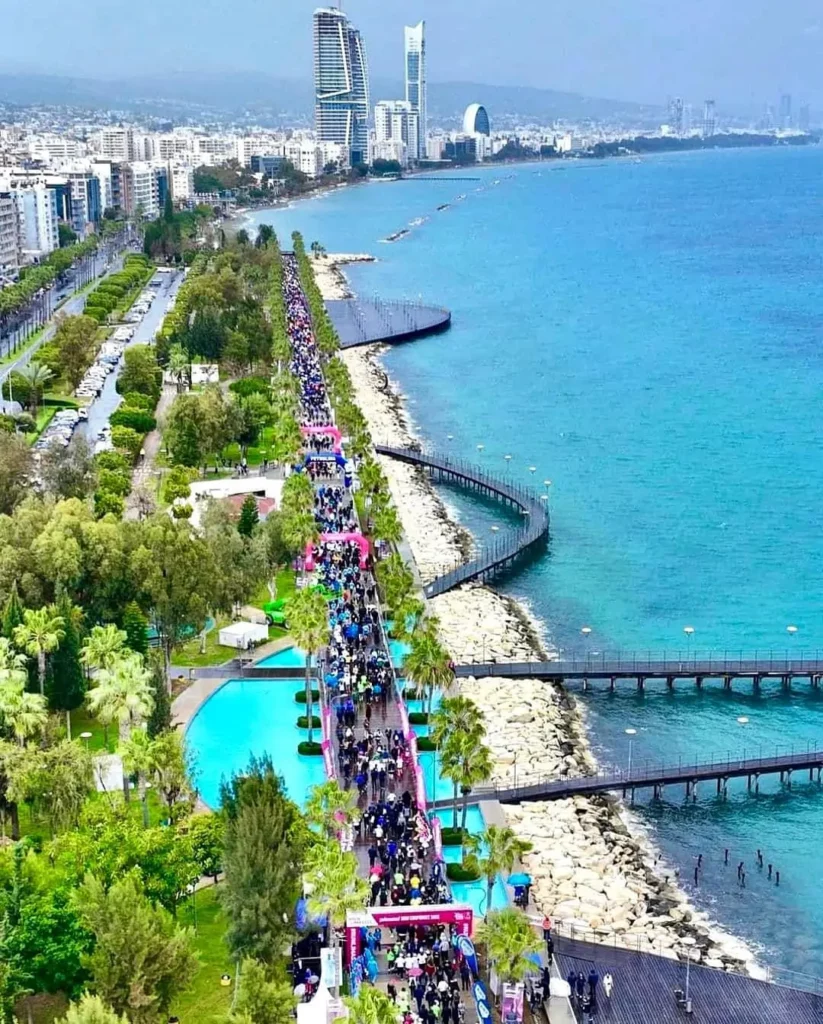
Cyprus has a relatively extensive and affordable public transportation system making it easy for visitors to get around the island. Buses are operated by private companies and offer routes connecting major towns and cities.
The major bus company is Cyprus Public Transport. Their buses serve popular routes like Nicosia to Limassol, Larnaka and Paphos several times a day. Timetables and schedules are available on their website www.cyprusbybus.com. Tickets can be purchased on board or from ticket kiosks at main bus stations. Fares range from €3-6 depending on distance.
Intercity buses are comfortable with air conditioning. They allow luggage storage underneath and some have free wifi on board. Most bus stops are marked with signs and routes/destinations clearly visible on the front of the bus.
Urban buses operate within the major cities like Nicosia, Larnaka, Limassol and Paphos. These run on a more frequent schedule, like every 15-30 minutes during peak times. Fares are around €1-2 for a single ride ticket bought on board.
Buses are the economical and convenient way to travel between cities in Cyprus. Watching everyday life unfold through the windows as you zip along coastal roads or wind upwards into mountain villages provides a rich glimpse into local culture. Fellow riders may be chatting over their fresh haul of fruits and vegetables from roadside stands – scenes that immerse you in the rhythms of daily life.
Useful tips:
- Have the exact change as bus drivers may not have small bills.
- Confirm schedules in advance as some routes/times vary by season.
- Know your stop in advance so you can signal to get off.
- Buses fill up on weekends and during rush hour.
Staying Connected
It’s easy for travelers to stay connected with wifi and mobile data in Cyprus.
To use your own smartphone, purchasing a local SIM card is recommended. Some top providers are Cyprus Telecommunications (CYTA), MTN, and Primetel. SIM cards can be bought at airport shops or other retailers for around €10-20 with prepaid data packages.
With a local SIM, data costs are reasonable at around €20-30 per 5GB. Bring an unlocked phone and passport to set up service. Alternatively, you can rent a SIM card with data included from companies catering to travelers.
Many hotels, restaurants and cafes provide free Wifi access to customers. Speeds are generally fast enough for basic browsing and messaging. For heavier use, portable Wifi hotspot rental may be a better option with rates around €6-10 per day depending on data amounts.
When relying on public Wifi networks, using a VPN app to encrypt data is recommended for better security. For making calls over Wifi, apps like Skype, WhatsApp and FaceTime work well.
Understanding data costs and setting up local SIM or Wifi ensures you can conveniently stay connected throughout your trip to Cyprus. Having online access facilitates navigation, information lookup, sharing trip moments and more.
Religious Sites and Places of Worship
Cyprus is home to many historic churches, monasteries, mosques and other religious sites. When visiting these spiritual places, proper etiquette is advised.
Most Orthodox churches and cathedrals do not allow visitors during services and mass. Check posted hours of operation outside. Dress respectfully – shoulders, midriffs and knees should be covered. Photography may be restricted in certain areas.
Notable churches like St Lazarus in Larnaka open as early as 8:30am and close in the evenings around sunset. Proper attire is strictly enforced – no shorts or sleeveless tops.
At Muslim mosques like the Lala Mustafa Pasha Mosque in Famagusta, dress modestly and avoid visiting during prayer times unless you plan to attend service. Photography may be limited inside.
Monasteries usually operate on a more regular 9am-5pm schedule. Some may charge a small entrance fee. Photography is allowed in open areas but be mindful of worshippers and sacred rituals.
Always maintain quietude inside religious sites. Be discreet when observing any services or sacraments. Seek permission before photographing people especially monks and nuns.
Showing respect at places of worship enhances your spiritual connections and demonstrates awareness of religious sensitivities. Check site-specific rules in advance for a smooth experience.
Top Destinations for Experiencing Culture
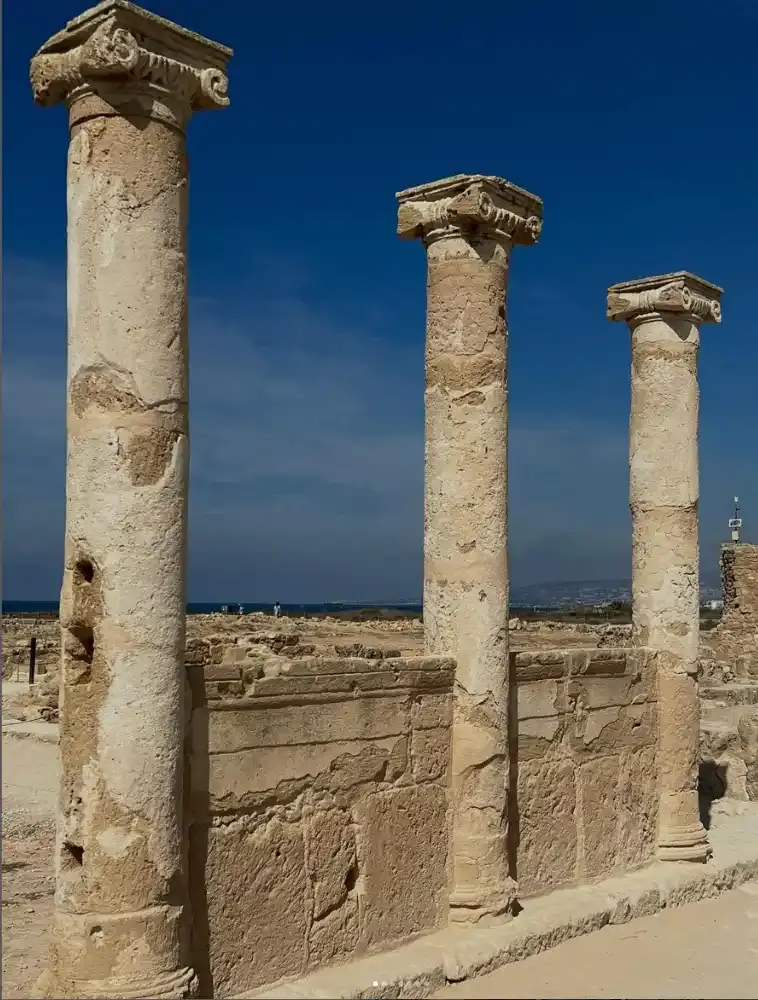
Which locales offer authentic exposure to Cypriot culture?
Notable sites worth exploring include Paphos – an ancient city steeped in history; Troodos mountains; Nicosia – the capital city; as well as Limassol- a picturesque port city teeming with beauty. Each location provides distinctive glimpses into the country’s enriched past and vibrant culture.
Cypriot Food Guide: Traditional Cuisine and Dining Etiquette
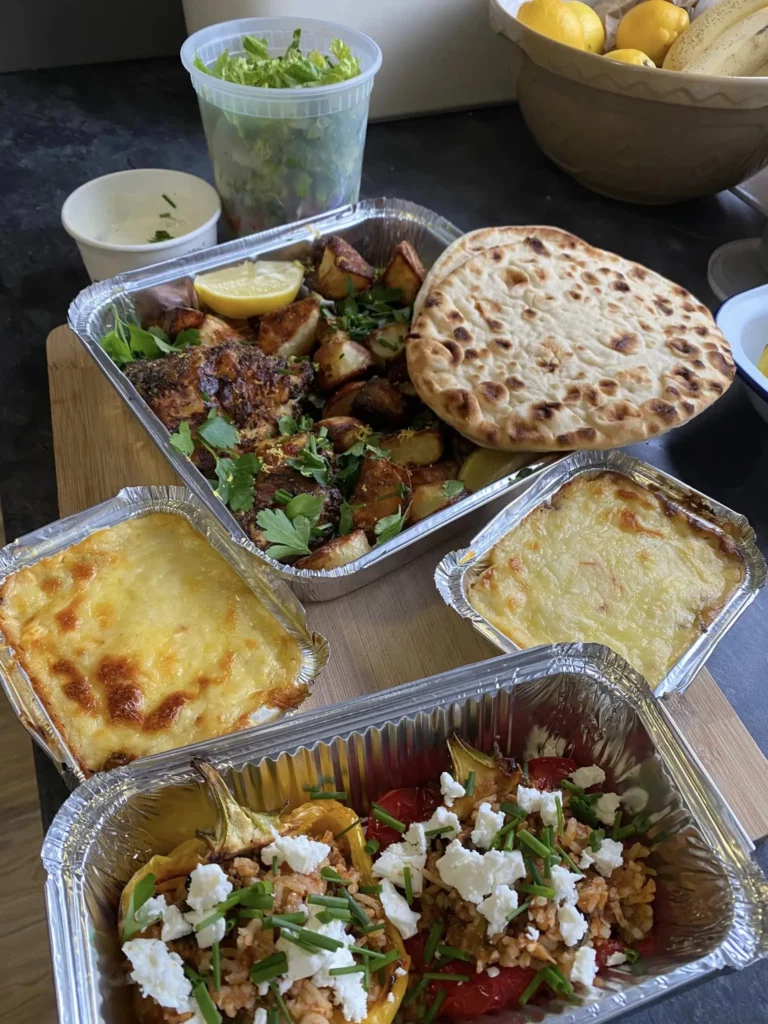
Is there unique gastronomy offered by this land that one must sample?
The culinary offerings here amalgamate Greek and Middle Eastern influences beautifully. You may want indulge your taste buds in traditional dishes such as Halloumi cheese or Souvla (barbecued meat), or even Moussaka (a dish based on eggplant or potato paired with ground meat).
What conduct is deemed appropriate while traversing through cities on this island?
Maintaining decorum is key along with observance of local attire norms especially at religious locations. Respect local customs whilst making sure you leave places just as pristine when you arrived.
For an authentic meze dining experience, try venues like Mousikon in Nicosia’s old city or To Patrikon in Limassol’s historical center. Their extensive spreads of small plates allow you to taste Cyprus’ culinary diversity from grilled halloumi to seafood delicacies. In Paphos, Mesogi offers a more upscale take on traditional taverna dining.
Shopping in Cyprus: Souvenirs, Markets, Handicrafts
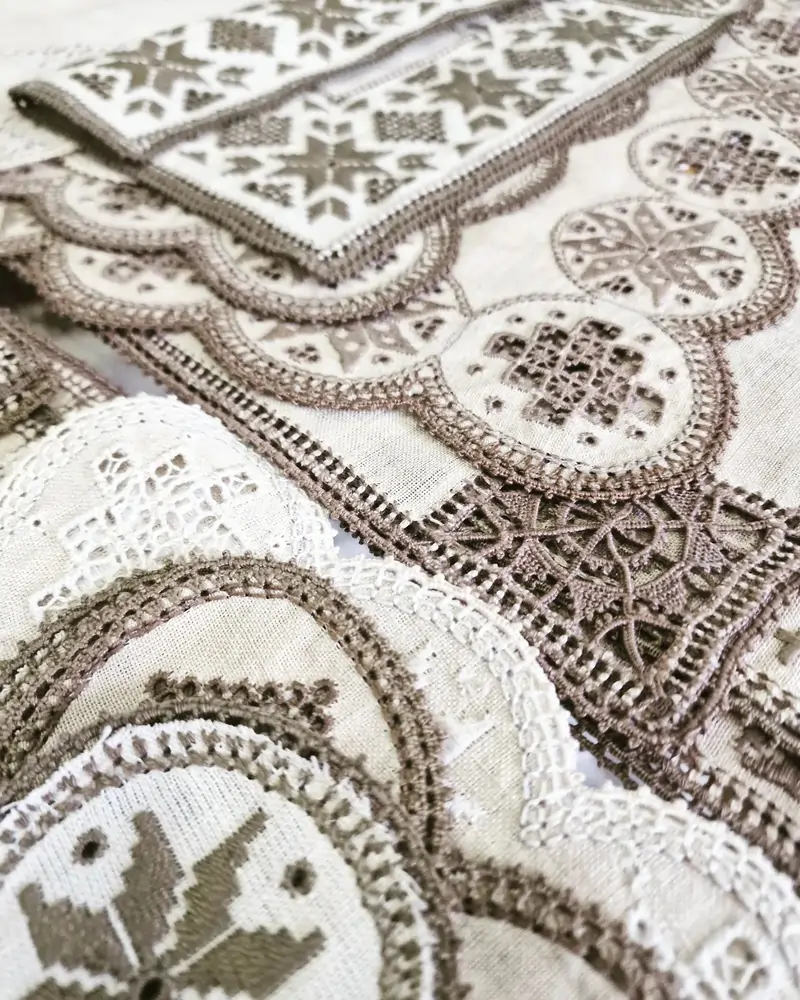
Cyprus offers wonderful shopping opportunities for everything from traditional handicrafts to modern brands. Here are some insights on what to buy and where to find the best deals:
Souvenirs – Popular souvenir items to look for include Cypriot pottery, Lefkaritika lace, olive oil products, Halloumi cheese, silverware, and traditional musically instruments like the lute-like Bouzouki.
Ceramics – For traditional Cypriot ceramics and pottery, head to villages like Kornos, Margi, and Fini. The designs and craftsmanship are exquisite.
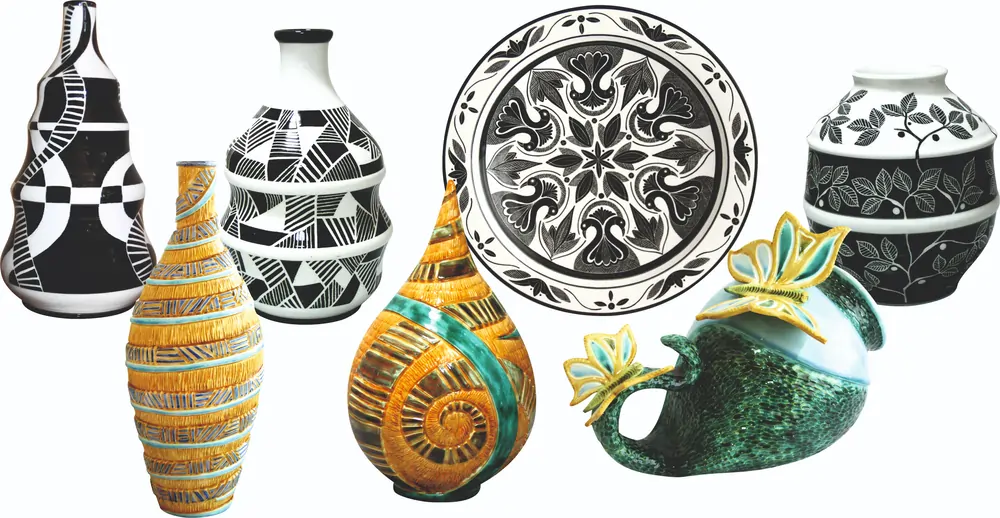
Woven Goods – Lefkara is famous for intricate handmade lace known as Lefkaritika. The village is filled with shops selling this lace along with other woven goods like tablecloths, blankets etc.
Silver – For fine Cypriot silver, check out shops in Nicosia’s old city and Limassol. Items like jewelry, platters, and cutlery make great gifts.
Leather – Leather goods like bags, jackets, shoes and sandals can be found in old bazaars in Nicosia and coastal cities. Haggle respectfully for best prices.
Food Items – Gourmet food shops abound in cities and tourist areas selling quality olive oil, sesame paste, Cyprus delight sweets, spices, nuts and more.
Major Shopping Areas – Nicosia’s Ledra Street, Limassol’s Old Market area, Larnaka’s Ermou Street, and Paphos Harbour area have concentrations of boutiques and souvenir shops.
Flea Markets – For arts, crafts and antiques alongside everyday wares, check out busy markets in Nicosia (Bandabulya), Limassol (Yermasoyia), and Larnaka (Agioi Anargyroi).
Malls – Modern malls like The Mall of Cyprus and MyMall Limassol host international chains alongside local stores for one-stop shopping.
Wandering through the winding streets of Nicosia’s old city with stops at tiny shops and boutiques makes for an idyllic shopping stroll. The sounds of Greek music spilling from stores, church bells chiming on the hour, and the aromas of roasted nuts and spices will immerse your senses. Keep an eye out for handmade lace or intricately painted ceramics crafted locally.
Cyprus Itineraries: 1 Day, 3 Day, and 1 Week Trip Plans
If you’re wondering how to best spend your time discovering Cyprus, here are some recommended 1-day, 3-day and 1-week itineraries:
One Day Trip to Cyprus
For a quick taste of Cyprus in a single day, spend your time in Nicosia to marvel at historic sites and soak up local culture:
- Walk along the UN buffer zone to see remnants of the city’s divided past
- Explore Nicosia’s old city within the Venetian walls
- Visit the Cyprus Museum to view archaeological treasures
- Stroll and shop at Ledra Street and stop for traditional meze lunch
- See the Selimiye Mosque, one of the oldest Ottoman monuments
A Day in the Troodos Mountains
Escape the summer heat with a scenic drive into the mountains. Stop at Kykkos Monastery then continue to mountain villages like Omodos. Have a winery lunch, tour the Byzantine museum and churches. Finish by hiking one of the nature trails for breathtaking vistas.
Three Days Trip to Cyprus
With three days in Cyprus, you can get a good overview of the island’s top attractions:
Day 1 – Limassol for the medieval castle, archaeological museum, and lively harbour area. Overnight in Limassol.
Day 2 – Head into the Troodos Mountains to hike and visit mountain villages and Byzantine churches. Overnight in Troodos.
Day 3 – Tour Paphos including the Tombs of Kings, House of Dionysos mosaics, and scenic harbour. Drive back to Limassol.
One Week Trip to Cyprus
With a full week to explore, you can delve deeper into the island’s cultural treasures:
Days 1-2 – Base yourself in Larnaka to explore Finikoudes promenade, Hala Sultan Tekke mosque, Kiti’s St Lazarus Church, and Petra tou Romiou birthplace of Aphrodite.
Day 3 – Visit Choirokoitia Neolithic settlement before driving to Paphos. See Paphos sights.
Days 4-5 – Head into the Troodos Mountains via the wine route. Hike and visit painted churches.
Day 6 – Drive to Nicosia via Curium and Kolossi Castle. See Nicosia’s old city.
Day 7 – Finish up any sights you missed or spend a beach day before flying home.
Tipping Information
Tipping is a common practice in Cyprus to show appreciation for good service. Here are some average tipping amounts:
- Restaurants – 10-15% tip is expected for good restaurant service. Some eateries may include a service charge already.
- Taxis – Tips around 10% are customary, or round up the fare.
- Hotels – Bellhops usually receive €1-2 per bag. Housekeeping staff should be tipped €2-5 per night.
- Tour Guides – For private tour guides, tipping 10-15% of the fare is appreciated.
- Bars & Cafes – No need to tip at counters, but 10% for table service at bars/cafes.
- Hairdressers/Spas – 10-15% tip at hair salons and spas is common.
Tipping a bit extra during peak tourism season and at upscale establishments is encouraged. Carry small bills to make tipping easier. While tips are not legally required, they reward good service.
Safety and Security
Overall, Cyprus is a very safe country for travelers. However, it’s always wise to exercise common sense precautions.
Petty theft such as pickpocketing or bag snatching can occur in crowded tourist areas. Keep valuables secured and be mindful of your surroundings. Carry a photocopy of your passport instead of the original.
Some common travel scams to watch out for are taxi drivers taking longer routes to overcharge riders. Agree on a fixed rate beforehand. Additionally, be cautious of shops or vendors offering too-good-to-be-true prices on name brand goods which may be counterfeits.
In case of any incidents, report to the nearest police station. Major stations are located in all cities including Nicosia Central Station, Limassol Police HQ, Larnaka Main Station, and Paphos Central Station.
Emergency Numbers:
- General Emergency: 112
- Fire Brigade: 112
- Ambulance: 112
- Police: 112
Installing an offline map, translation, and emergency apps can also help you handle any issues smoothly. Practicing general awareness without paranoia will allow you to enjoy your time in Cyprus safely.
Accessing Healthcare & Medications in Cyprus
If you need medication while traveling in Cyprus, pharmacies can be found in all major towns. Look for a green illuminated cross sign or the Greek word ΦΑΡΜΑΚΕΙΟ to locate a pharmacy. They are typically open weekday mornings and evenings with shorter weekend hours.”
The key points are:
- Pharmacies are accessible in main tourist destinations
- Look for the green illuminated cross or Greek word to identify them
- Operating hours are usually mornings and evenings on weekdays, with shorter times on weekends
- They dispense common medications tourists may need like pain/fever relievers, antihistamines, gastrointestinal medication, bandages, etc.
Experiencing Local Culture Through Events and Festivals
In addition to its year-round cultural attractions, Cyprus hosts a number of lively festivals and events where visitors can soak up the island’s heritage and traditions.
Popular annual festivals include:
- Limassol Wine Festival – Held in late August/early September, this lively event celebrates Cyprus’ winemaking tradition with music, dancing, and wine tastings.
- Anthestiria Flower Festival – Taking place in May across the Troodos Mountains, this festival marks the blooming season with traditional agrotourism activities.
- International Pharos Chamber Music Festival – A festival in Kouklia village featuring acclaimed musicians during July/August.
- Larnaka Psarolimano Festival – This August festival celebrates the fishing traditions of Larnaka seafront with food kiosks, dances, and children’s activities.
Some major public holidays when businesses and attractions may be closed include Greek Orthodox Easter in late April, Greek Independence Day on March 25th, and Greek Christmas on December 25th.
Scheduling your visit to coincide with a festival is a great way to more fully immerse yourself in the rhythms of Cypriot culture. Check event dates and details on the Cyprus Tourism Organization website.
Resources for Learning More
Getting familiar with Cyprus’ complex history and cultural heritage before arrival allows you to better appreciate visits to historical and cultural sites. Resources offering an even-handed account of different periods provide helpful context.
Some good resources include:
- Cyprus Tourism Organization website
- Online encyclopedias like Britannica and World History Encyclopedia
- Podcast “The History of Cyprus”
- YouTube channels like “Visit Cyprus” and “Discover Cyprus”
- Memoir “Bitter Lemons” by Lawrence Durrell
- “The Cyprus Problem” by James Ker-Lindsay
- Local museums websites
- Travel guidebooks like Lonely Planet, Rick Steves
Conclusion
Experiencing authentic Cyprus requires an open mind, gentle curiosity, and most importantly – respect. When we honor a destination’s local nuances – whether dining etiquette, religious sites or language – the rewards are profound. Immersing oneself in cultural differences fosters growth, illuminates shared humanity, and leaves beautiful memories.










